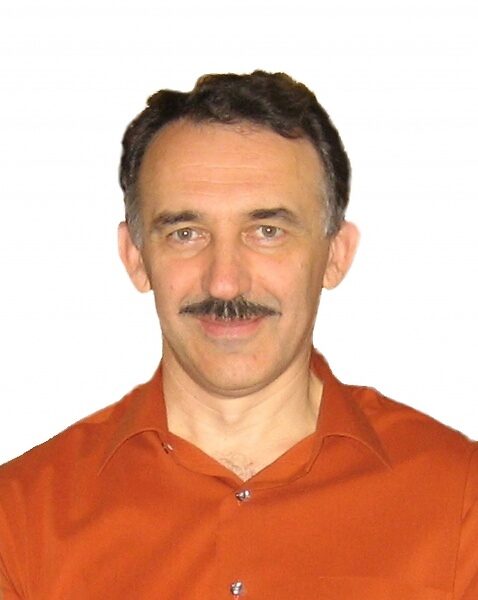"Science and the Art of Inventiveness" Andrei A. Seryi

Date
Location
Description
Seminar by Dr. Andrei A. Seryi, Professor in Oxford and Director of John Adams Institute
Date: Tuesday, November 4, 2014
Time 16:30 - 17:30 (incl. Q&A)
Venue: C209, Center Building
Andrei A. Seryi, Ph.D.
Director, John Adams Institute
Biography:
Andrei Seryi, Professor in Oxford and Director of John Adams Institute. Graduate of Novosibirsk State University, PhD from Budker INP. Worked at SLAC until 2010, where he led the design and first stages of implementation of FACET project, led the Beam Delivery efforts for linear collider. Deputy Spokesperson of ATF International Collaboration for ATF2 Project. Chairing or a member of a number of advisory committees. Taught at numerous accelerator schools. Contributed to developments of beam-beam compensation, electron cooling, beam-delivery system, stability of colliders and novel acceleration methods. Elected in 2008 as American Physical Society Fellow, “for his leadership in developing beam delivery systems for linear colliders and his contributions to the theory of ground motion, vibration, and feedback for accelerators and particularly linear colliders”.
Seminar Title: "Science and the Art of Inventiveness"
Seminar Abstract:
Science has yielded a rich history of inventions, ones often inspired by Nature itself. Despite all this progress, we have always strived to find more efficient approaches to inventing. In fact, during the second half of the 20th century, the industrial world developed specific methodologies with which to promote inventiveness. Though powerful, these methods were rarely heard of outside of their field, let alone in the scientific community. The most advanced methodology, the so-called “theory of inventive problem solving”, has become, according to Forbes, the bedrock of innovations in such companies as Samsung. While the industrial inventiveness methods were originally created for engineering, their methodologies are universal and can also be applied to science. In this lecture we shall show how the theory of inventive problem solving can be used in various areas of science – from philology to physics – in order to create a powerful and eye-opening amalgam of science and inventiveness.
Subscribe to the OIST Calendar: Right-click to download, then open in your calendar application.



